The strategy that PM Orban is using to present the Hungarian model to Europe is methodically reasoned. The presentation in Switzerland is as much an important building block of this strategy as the meeting with former FIFA President Sepp Blatter. Nothing is incidental and nothing is accidental.
The words of the Hungarian prime minister now carry weight, for among other reasons, because he never changed his position and consistently stood up for issues that he considered important for the country. Hungary has never supported migration and has never been on the side of war.
He has never advocated for increasing the influence of the European Union and reducing the power of the member states. In the meantime, governments have come and gone on the old continent, crises have eaten away at cohesion, political strife has shaken the peace, but Hungary has kept its course. The Hungarian model seems to be working. Although the whole EU may seem like a vast liberal playground with rainbows and dysfunctional governments, it is a community of half a billion people with a thousand years of history and experience, a community that is fed up with imported aberrations, armed conflicts and trusteeship from overseas. They need to be shown that no one is alone in seeking the old values, that the bells still ring, that nativity scenes will still be displayed in front of churches and that children are still born of marriage between man and woman.
Today, hope can spread from Hungary to the West. It is a perfectly natural part of history. Europe, with all its strife and divisions, is nevertheless a highly developed and wonderful place, where a lot of good comes from the cooperation between peoples. We do not know which direction the future of the European Union will take, but it is unnecessary and self-defeating to brood over the manifestations of liberal crisis. Yes, the danger is real and the EU project is also in its final days, but we must never give up the fight to forge a better-functioning European community, not paralyzed by bureaucrats and not representing selfish superpower interests. For this we need fighters like Viktor Orban, who goes to Switzerland and talks of what the Hungarian mission is like.
Passing on the concept definitely serves as confirmation for those who think similarly to us. Consistent hard work can result in a European renaissance, making the continent productive and innovative again. But by no means is it enough for words to be spoken, actions are also needed to lend credence to the operability of the Hungarian model. Hungary must take its place among the dynamic countries that the allies see as an example to follow.
This is a very multifaceted task. It is no coincidence that Hungary is the only country in the region that has never had a snap election since the fall of communism, thus preserving the stability of the political order. This has allowed the current system to be built up, offering the possibility of dynamic development without the need to bow to pressure from Brussels. And there is also something unique, something that is talked about far and wide, and which gets nods of approval from everyone who talks about it. Not money, not power, but the joy and playfulness that characterize life, a kind of Hungarian spirit, without which our world would just be a hamster wheel, morning and evening, in a perpetual rush. This extra is football. The Hungarian national team and Dominik Szoboszlai. No, it's not just a game at all. It is one of the most important building blocks of the great edifice.
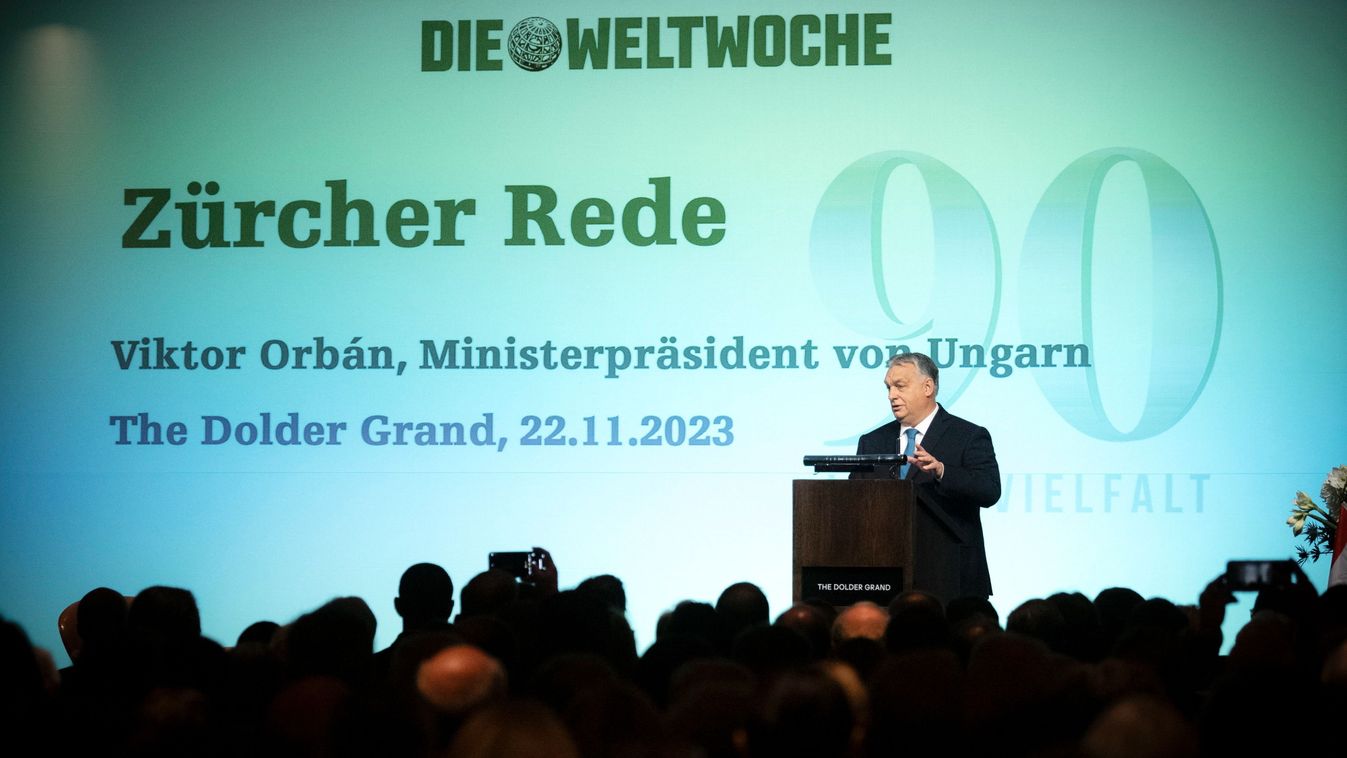
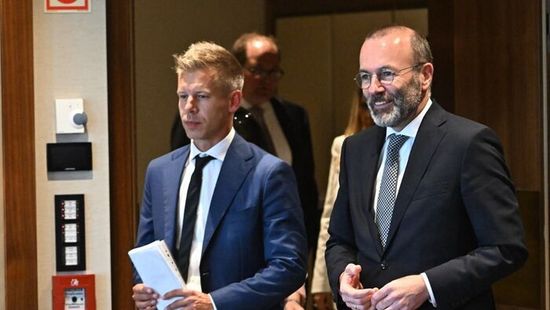
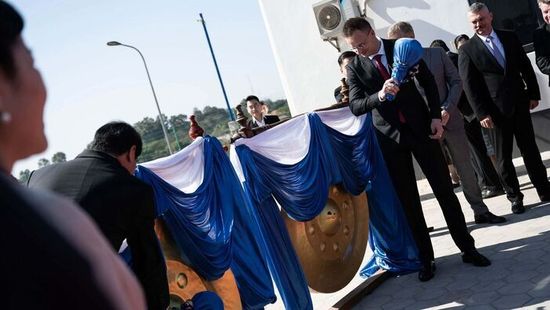
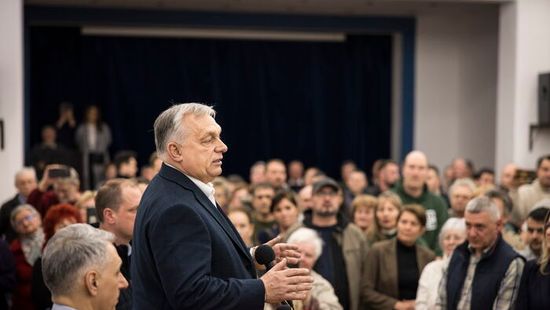
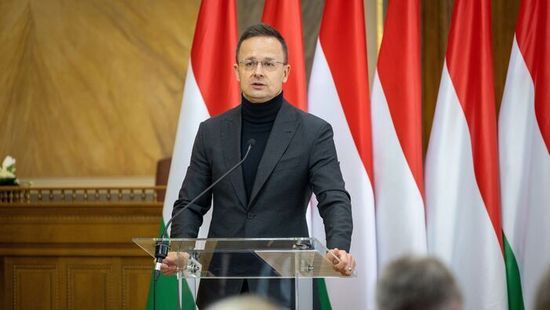

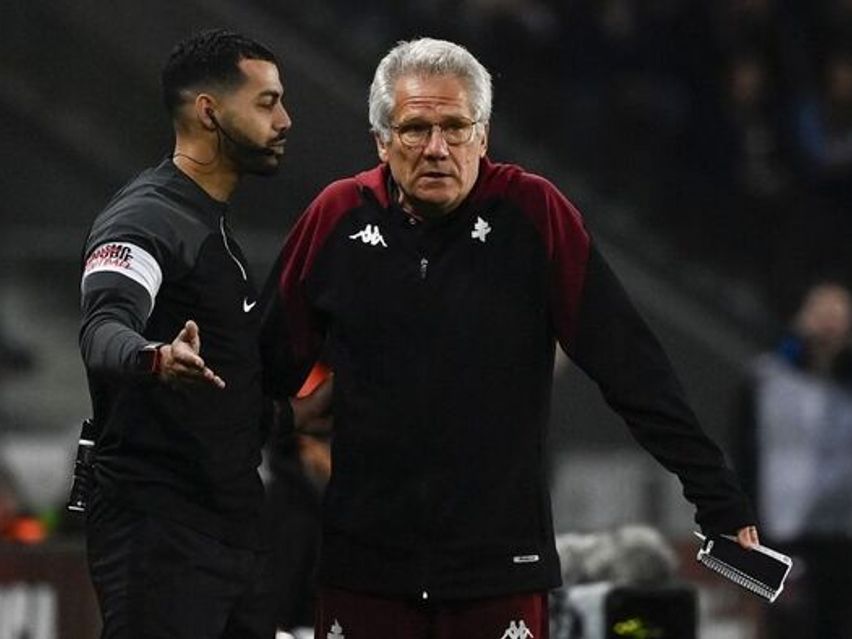

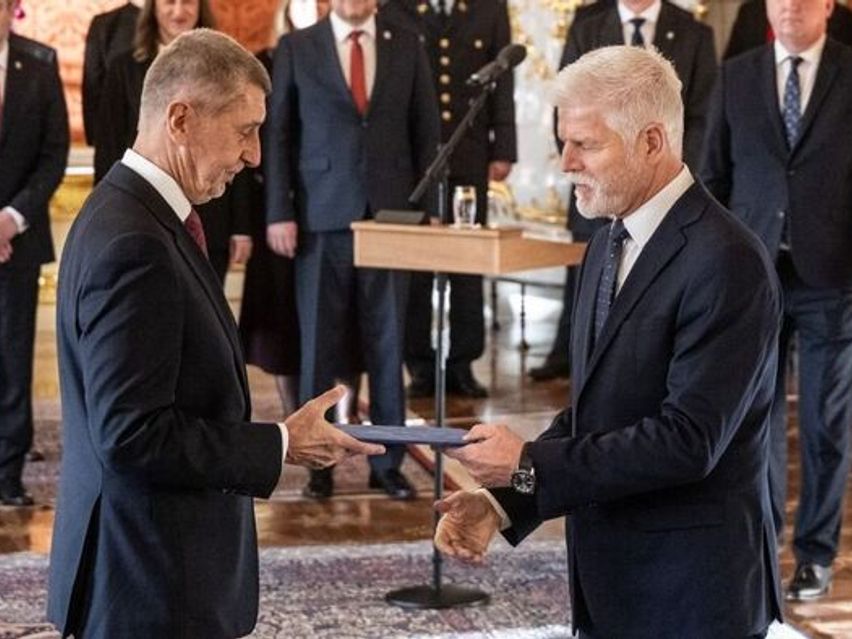
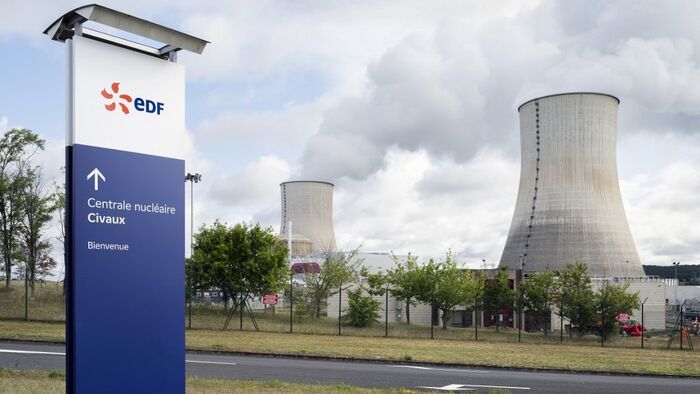


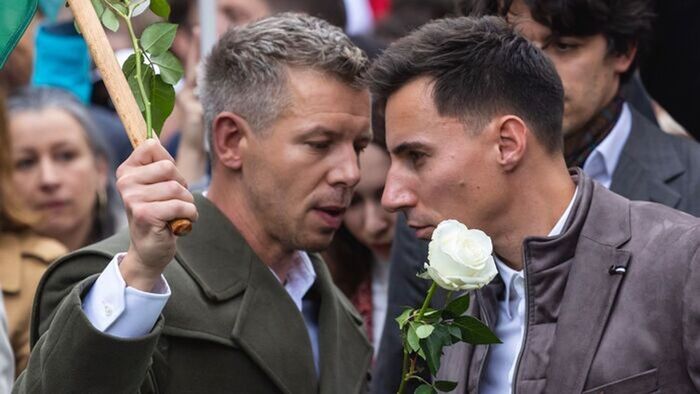
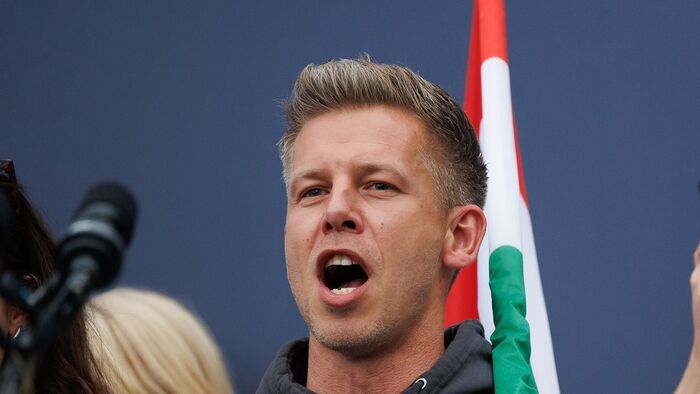
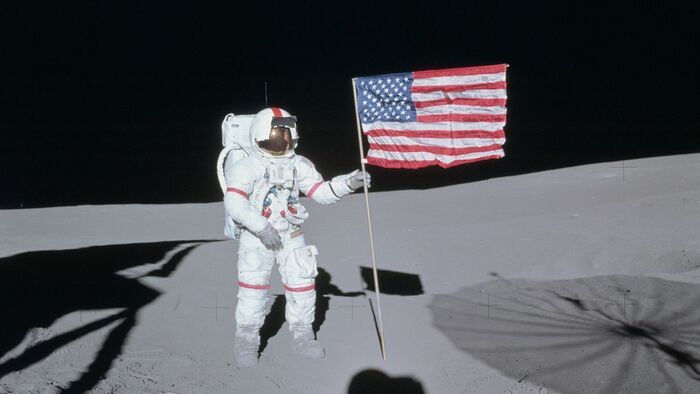
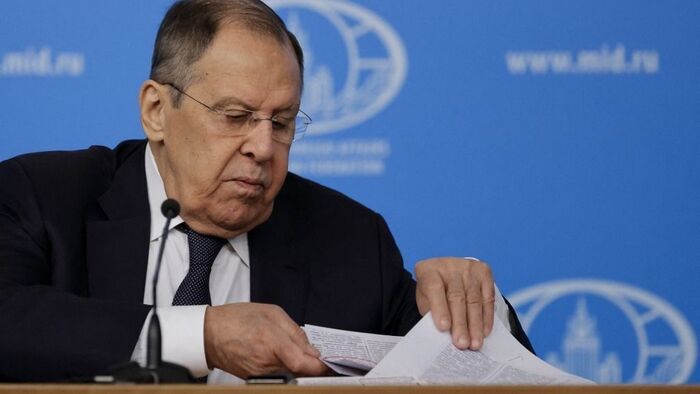
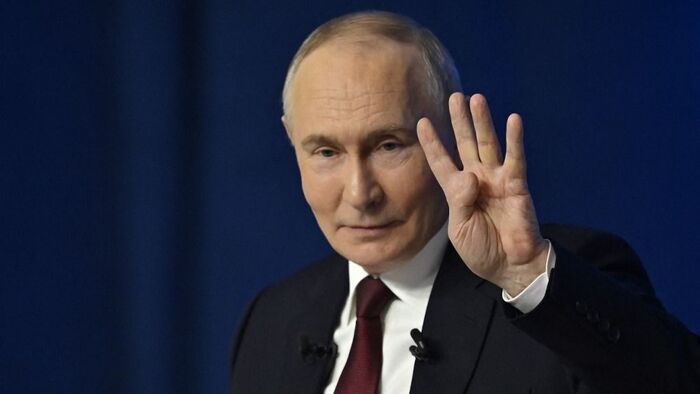
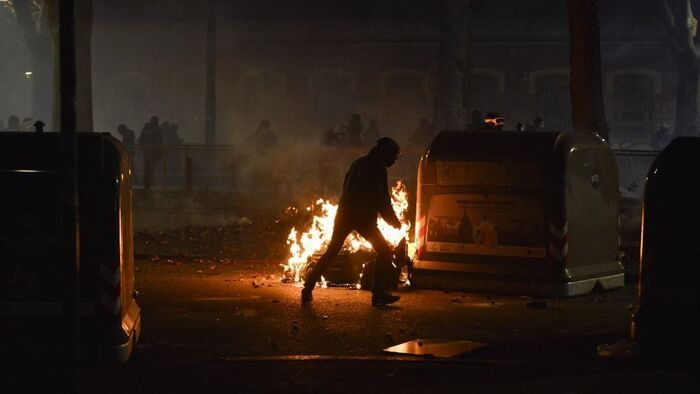
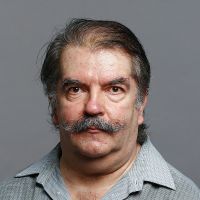
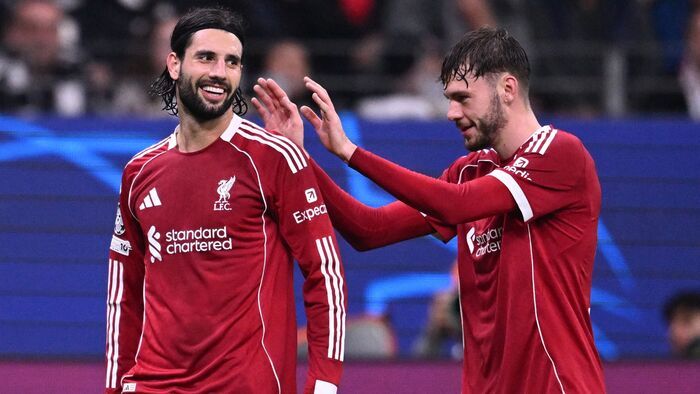

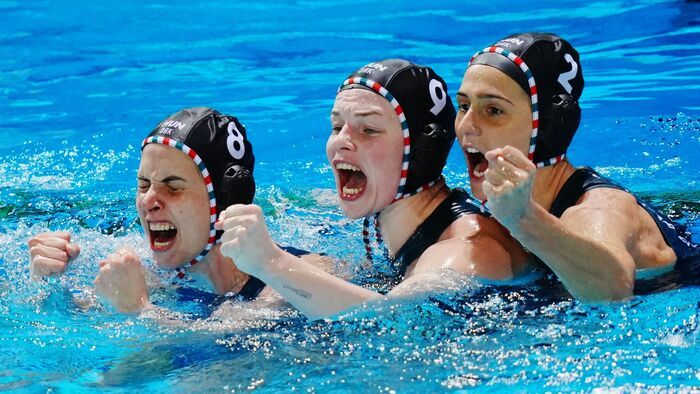

Szóljon hozzá!
Jelenleg csak a hozzászólások egy kis részét látja. Hozzászóláshoz és a további kommentek megtekintéséhez lépjen be, vagy regisztráljon!